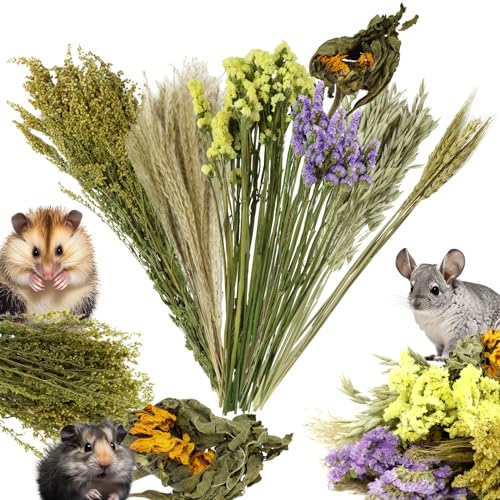Do you have Karvol available to you? It is a childrens' decongestant ( http://www.frontdoorpharmacy.co.uk/catalogue/Products/medicines/childrens-medicines1/cough-and-cold/karvol-dropper-bottle-.php ) which you can use - put a few drops on a paper towel near the cage but not so close that she can reach it to eat it - that often helps with the breathing.
I am afraid you will have to keep persevering with the syringe food - it is a difficult balance when a chin is having difficulty breathing, especially if you think she is choking. She will be feeling dreadful, be having problems with taste (think of having a horribly thick cold & not being able to taste anything or tasting snot in the back of your throat), & probably be off her food as well.
It might be worth giving her a little bit of thickened syringe food from a spoon to see if she will try that. Scatter tasty, high fibre, no sugar treats around her cage so that she encounters them when she moves - a pinch of oats, some alfalfa, a little crushed rosehip, some different types of hay - anything healthy which might tempt her to eat.
This might help: (Taken from CHINformative - http://www.chinformative.com/index.php?showtopic=1259&hl=respiratory
Can I ask, is your chin mouth breathing at all?
I am afraid you will have to keep persevering with the syringe food - it is a difficult balance when a chin is having difficulty breathing, especially if you think she is choking. She will be feeling dreadful, be having problems with taste (think of having a horribly thick cold & not being able to taste anything or tasting snot in the back of your throat), & probably be off her food as well.
It might be worth giving her a little bit of thickened syringe food from a spoon to see if she will try that. Scatter tasty, high fibre, no sugar treats around her cage so that she encounters them when she moves - a pinch of oats, some alfalfa, a little crushed rosehip, some different types of hay - anything healthy which might tempt her to eat.
This might help: (Taken from CHINformative - http://www.chinformative.com/index.php?showtopic=1259&hl=respiratory
The vet will usually prescribe antibiotics and/or decongestants (Bisolvon) and mucolytics.
Sudafed is safe for treating chinchillas ........... In Diseases of Small Domestic Rodents - By VGA Richardson - it is recommended for treating chinchillas ........ dosage as follows "0.2ml per adult chin - twice a day".
I have found Calpol 6+ (given to a strict dosage) a useful supportive treatment.
If the chinchilla is mouth-breathing then oral treatments should not be administered.
Alternative Treatments: – Karvol drops placed under the cage (out of chin reach) can help to clear upper respiratory congestion (as a supportive therapy only). Withhold sandbaths until breathing is clear.
http://http://www.chinformative.com/index.php?showtopic=16&hl=respiratory -
The owner of the chinchilla can support veterinary care - by doing the following ....
Keep the chinchilla warm and out of any drafts - a heatpad is ideal.
Withold sandbaths - as they will irritate the nasal passages.
Ensure the chinchilla is drinking enough fluids and keep tempting the appetite if the chinchilla is not eating normally.
You can put a few drops of Karvol infant descongestant on a tissue near or under the cage - where the chin cannot reach it.
In cases of emergency (and only if the vet has NOT given an antimucosal) you can give a little Sudafed Liquid - but please use caution. Correct dosages are as follows: 0.2ml per adult chin - twice a day
Chinchillas usually respond well to treatment provided it is started as soon as possible - do not delay in taking the chin to the vets if abnormal breathing is noticed.
Can I ask, is your chin mouth breathing at all?















































